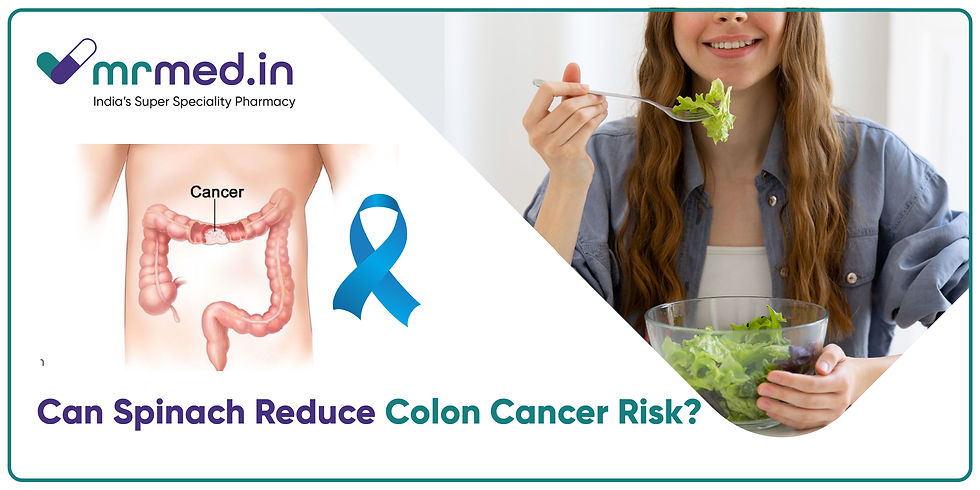Move Your Way to a Healthier You: Exercise and Breast Cancer
- Healthcare Tips

- Sep 6, 2024
- 4 min read

Breast cancer is a serious condition that ranks among the most commonly diagnosed cancers in women worldwide. It begins in the cells of the breast and may progress to tumour formation if not detected early. Fortunately, advancements in medical research and treatment have greatly improved survival rates. Nonetheless, addressing risk factors through proactive measures is crucial for both preventing and managing the disease effectively.
Embracing lifestyle changes, such as incorporating regular exercise and maintaining a balanced diet, can significantly lower the risk of developing breast cancer and enhance overall well-being. By making these adjustments, you can take a proactive stance in safeguarding your health and improving outcomes.
What are the 5 warning signs and early symptoms of breast cancer?
Detecting breast cancer early is essential for effective treatment. and improved outcomes. Being aware of the common symptoms can help identify the disease at an early stage. 5 Signs & Early Symptoms of Breast Cancer
include:
Changes in Size or Shape: Noticeable alterations in the appearance or sensation of the breast or nipple.
Lumps or Swelling: Unusual lumps or swelling in the breast or underarm area that persists over time.
Pain or Tenderness: Ongoing pain or sensitivity in the breast that does not resolve.
Skin Changes: Changes in the skin texture, such as redness, dimpling, or an unusual texture, which could indicate underlying issues.
Nipple Discharge: Unusual discharge from the nipple, which may be clear, bloody, or another colour, can be a sign of breast cancer.
Regular self-exams and professional screenings are essential for detecting these symptoms early and seeking timely medical advice.
What are the 5 strategies for preventing breast cancer?
Breast cancer Prevention involves making a combination of lifestyle changes and regular medical check-ups. Key strategies for reducing the risk include:
Regular Screenings: Annual mammograms and clinical breast exams can help detect cancer at an early stage.
Healthy Weight: Keeping an ideal weight with a well-balanced diet and regular physical activity can reduce the risk of obesity-related breast cancer.
Limiting Alcohol Intake: Reducing alcohol consumption is associated with a decreased risk of breast cancer.
Avoiding Tobacco: Avoiding smoking and tobacco products contributes to overall health and reduces cancer risk.
Family History: If you have a family history of breast cancer, discuss with your healthcare provider about additional preventive measures and genetic testing.
Can exercise reduce breast cancer?
Exercise is a powerful tool in both preventing and managing breast cancer. It provides many advantages that enhance overall health and well-being:
Weight Management: Regular physical activity helps keep a healthy weight, which is important because obesity, particularly after menopause, It is linked with a higher risk of breast cancer. Exercise supports weight management and helps prevent complications related to obesity.
Hormone Regulation: Exercise helps regulate hormone levels, which can decrease the risk of hormone-receptor-positive breast cancers. Physical activity influences the levels of estrogen and other hormones in the body, potentially lowering cancer risk.
Immune System Boost: Engaging in regular exercise enhances immune function, which may improve the body’s ability to detect and fight cancer cells. A robust immune system can be better equipped to manage abnormal cell growth.
Reduced Inflammation: Physical activity helps lower chronic inflammation, which is associated with cancer development. Exercise reduces inflammation markers, contributing to overall health.
Improved Overall Health: Regular exercise supports cardiovascular health, reduces stress, and enhances mental well-being.
What is the best diet for breast cancer?
A balanced diet is integral to overall health and can complement exercise in reducing breast cancer risk. Here are some breast cancer diet plans:
Whole Foods: Consume a range of fruits, vegetables, whole grains, and lean proteins. These foods are enriched with nutrients and antioxidants that support overall health.
Fiber-Rich Foods: Incorporate fiber-rich foods like beans, lentils, and whole grains, which can help in weight management and aid digestion.
Antioxidants and Healthy Fats: Foods rich in antioxidants, such as berries, nuts, and leafy greens, can combat oxidative stress. Consider healthy fats from sources like avocados, nuts, and olive oil.
Reducing Processed Foods: Limit intake of processed foods, sugary beverages, and high-fat items. These can increase the risk of obesity and other health issues.
Hydration and Alcohol Limitation: Stay hydrated and limit alcohol consumption to reduce breast cancer risk.
Additionally, medications such as Ramiven 100mg Tablet, which contains abemaciclib, are targeted therapies that may be included in a comprehensive treatment plan for breast cancer. A balanced diet can enhance these treatments and support overall health during therapy.
Wrapping up
Integrating exercise into your daily routine is not just a way to improve physical fitness but also a proactive strategy for preventing and managing breast cancer. Consistent physical activity, along with a balanced diet, can greatly influence your overall health and may help lower your risk of breast cancer. By adopting a healthy lifestyle that encompasses exercise, good nutrition, and regular screenings, you can boost your well-being and take charge of your health. Stay informed, keep active, and work towards a healthier future for yourself.


Comments